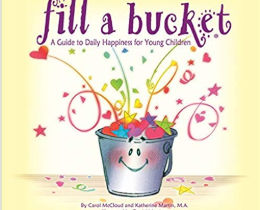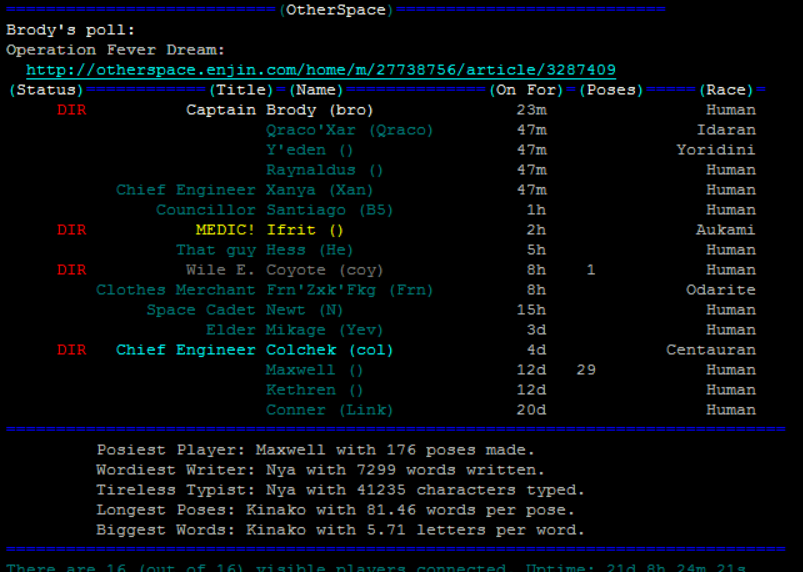This column appeared in The Herald-Sun in December 2013:
In the past two weeks, DeWarren K. Langley has faced the prospect of attending two funerals for murder victims he’s known.
The first was for Patrick Danial Holmes, a 24-year-old man who Langley saw at a recent prison summit at a local church, where Holmes had talked about the struggle of a convicted felon trying to find honest work after incarceration.
Durham police say James Edward Walker, 22, gunned Holmes down on Fidelity Drive the evening of Dec. 2.
But the second really seemed to strike close to home for Langley, a community and youth advocate.
Someone fired a gun near an apartment on Commerce Street where Darren Taylor slept. Taylor, a 27-year-old father who walked his daughter to the Community Family Life and Recreation Center at Lyon Park every day, died days later of his injuries.
“You don’t hear a lot about young black fathers raising children, instilling values in children, encouraging them to get an education,” Langley said. “For him to have been at home, minding his business, asleep, and be hit by a stray bullet is disheartening in a community where so many great things are going on.”
Langley attended Jordan High School with Taylor, whom he remembered as “the kind of person who was smiling all the time, always had a joke to bring a smile or laughter, even if you’re having one of your worst days.”
What resonated most with Langley about his former classmate’s death was its random nature. We often hear about attacks that seem like gang-on-gang violence or drug deals gone bad.
But a bullet killing someone for no apparent reason besides blind chance – that’s another matter altogether.
“My mom used to say we should thank the lord for waking us this morning,” Langley said. “When I thought about Darren, I thought, it could’ve been me, my brother, my best friend, my uncle, my mother. It could’ve been anyone.”
That shooting capped a bloody week that saw Holmes killed and two teen-age brothers shot and critically wounded on Grace Lane near Liberty Street in the middle of a school day.
Taylor’s death brings to 29 the number of homicides within the city of Durham during the past year. Of those, the victims included 22 black males, four black females and three Hispanic males. Charges in those cases were brought against 18 people – all of them black and all but two of them men.
We’re out of touch with the people that need to be reached, Langley said.
“We post about opportunities on the web, we send out emails, we put it in the newspaper,” he said. “But that’s where we’re falling short. We think everyone has access to the Internet or email or gets a newspaper, but that’s not the case. No one’s challenging our approach to think about how we connect to the people who need it most.”
It doesn’t help, he said, that we’ve got a jail large enough to house more than 900 people a month, but not enough room for those same numbers in homeless shelters.
He wants the jail to provide opportunities for inmates to earn diplomas rather than just give three square meals, a bed and basic cable.
And when well-intentioned elected officials contemplate new programs to reach those in need, Langley said, they often do so without first immersing themselves and learning more about the communities they’re trying to affect.
He’s also critical of parents who are more concerned about making sure their children are wearing the latest fashions than teaching them important morals and values. Many parents are oblivious to their children’s activities on social media.
“When was the last time they looked through their phone, their Instagram account, their tweets?” Langley asked.
Children now often lack proper boundaries, he said.
“How can we build a good foundation for them if they’re not getting proper instruction at home?” he wondered. “If all they see is fighting, they’re probably prone to fighting. How can you tell a child it’s not okay to smoke marijuana when parents do it with them?”
He worries that, perhaps not just in Durham, we’re following a dark path that Martin Luther King Jr. warned us about long ago:
“There is nothing more dangerous than to build a society with a large segment of people in that society who feel that they have no stake in it; who feel that they have nothing to lose. People who have a stake in their society, protect that society, but when they don’t have it, they unconsciously want to destroy it.”
Wes Platt can be reached at wplatt@heraldsun.com or 919-419-6684. Follow on Twitter at @HS_WesPlatt. Connect on Facebook at facebook.com/wesplattheraldsun.



